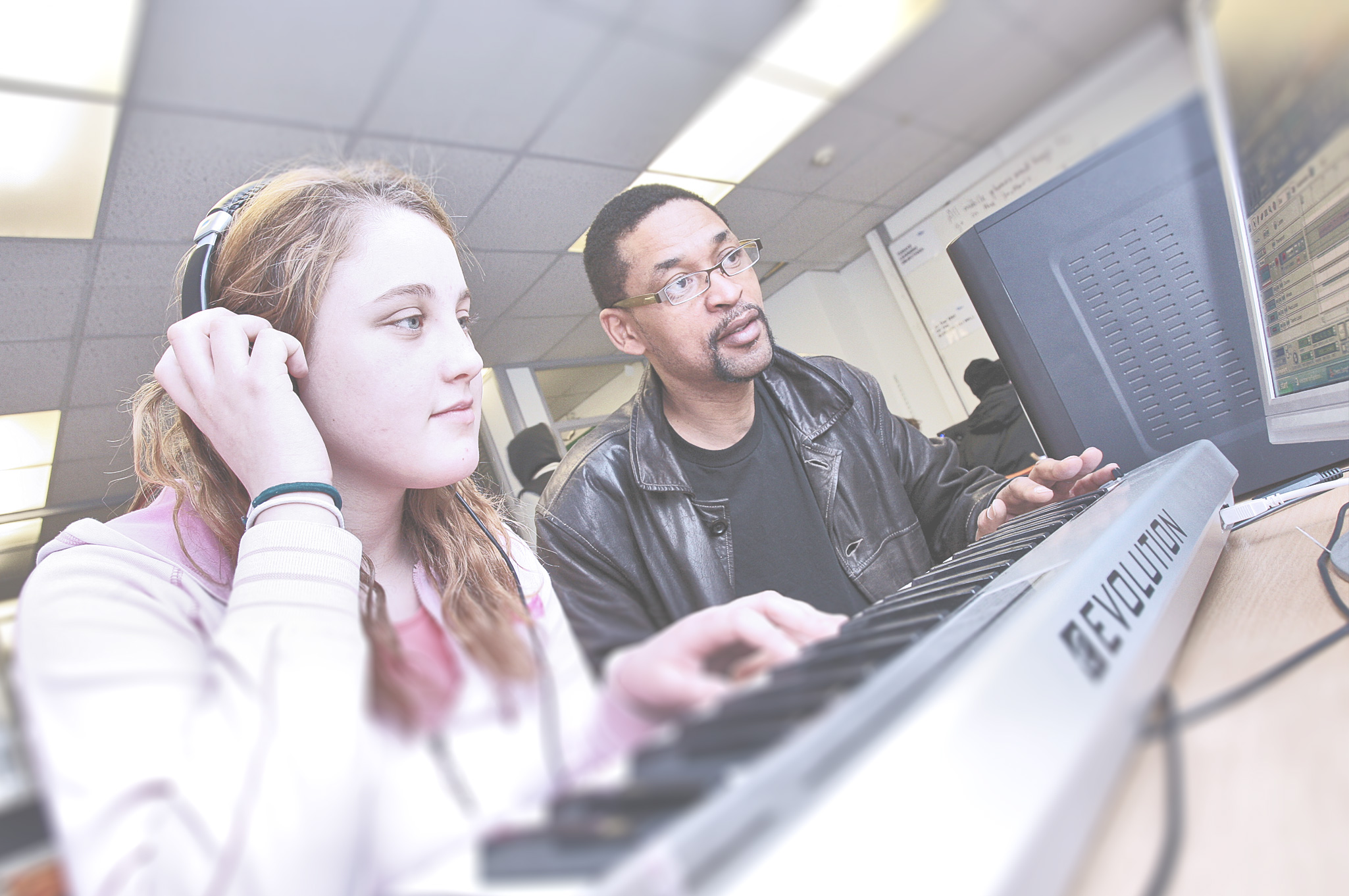Anti-Bullying & Cyber Bullying Policy
Statement of Intent
StreetVibes Media Academy (SV) are committed to providing a caring, friendly and safe environment for all learners/students so they can learn in a relaxed and secure atmosphere.
Bullying of any kind is unacceptable. If bullying does occur, all students should be able to tell and know that incidents will be dealt with promptly and effectively.
SV is a TELLING school. This means that anyone who knows that bullying is happening is expected to tell the staff.
Objectives of this Policy:
- Meet the statutory duty to have an anti-bullying policy in place
- Develop preventative strategies, including the provision of a stimulating and personalised curriculum to re-engage our students in learning
- Provide a safe, caring environment for the whole school community
- Listen to parent/carer’s concerns and to keep them informed of actions taken in response to a complaint
- Fully investigate any report of bullying and keep detailed records of these incidents
- Take appropriate action against bullies, including exclusion: students must not be excluded from school for being bullied – Education Act 2002
- Work closely with other professional agencies to ensure that children and young people in protected and vulnerable groups are kept safe, including those with disability, SEN, those perceived to be LGBT+, of targeted races and religions, or vulnerable to sexist and sexual bullying
- Provide appropriate training and support to ensure a high level of professional expertise
- Ensure all members of the senior management team, teaching and non-teaching staff, students and parents/carers have an understanding of what bullying is
- Ensure all members of the senior management team, teaching and non-teaching staff know what the school policy is on bullying and will consistently and swiftly follow it when bullying is reported
- Ensure all students and parents/carers know what the school policy is on bullying and what they can do if bullying occurs
- Reassure students and parents/carers that they will be supported when bullying is reported
- Remove barriers to learning by supporting the social and emotional needs of students
- Provide a safe, stimulating and supportive learning environment in which educational and personal potential can be realised
- Ensure students are given the opportunity to make good progress
- Ensure personal integrity, self-esteem and social skills are developed
- Promote positive behaviour for learning, in line with the school Behaviour Policy
- Work in partnership with mainstream schools
- Guarantee equal opportunities for all
- Value, respect and encourage understanding of all cultures
- Provide a safe, healthy and happy workplace
- Promote a thoughtful attitude towards the immediate and wider community
- Provide positive role models in order to foster courtesy, kindness and mutual respect
- Value and celebrate students’ successes and achievements.
As a school we take bullying seriously. Students and parents should be assured that they will be supported when bullying is reported.
Bullying will not be tolerated.
What Is Bullying?
Bullying is behaviour with the intention of hurting another person. Bullying results in pain and distress to the victim. Bullying can be:
- Emotional being unfriendly, excluding, tormenting (e.g. hiding books, threatening gestures)
- Physical pushing, kicking, hitting, punching or any use of violence
- Racist racial taunts, graffiti, gestures
- Sexual unwanted physical contact or sexually abusive comments
- LGBT+ because of, or focusing on the issue of sexuality
- Verbal name-calling, sarcasm, spreading rumours, teasing
- Cyber All areas of internet, such as email, social media & internet chat room misuse; mobile phone threats by text messaging & calls; inappropriate use, including sexting, pornography; misuse of associated technology, i.e. camera and video facilities.
What Is Not Bullying?
It is important to understand that falling out with friends, one-off name calling, arguments, or the occasional trick or joke are not bullying. It is bullying when it is done Several Times On Purpose (STOP). Children and young people do sometimes fall-out, or say unkind things when they are upset. Occasional problems of this kind are not classed as bullying. It is an important part of personal development to learn how to deal with friendship breakdowns, occasional name-calling or childish pranks. We all have to learn how to deal with these situations and develop social skills to repair relationships.
Why is it Important to Respond to Bullying?
Bullying hurts. No one deserves to be a victim of bullying. Everybody has the right to be treated with respect. Students who are bullying need to learn different ways of behaving. Schools have a responsibility to respond promptly and effectively to issues of bullying.
Signs and Symptoms:
A child or young person may indicate by signs or behaviour that he or she is being bullied. Adults should be aware of these possible signs and that they should investigate if a student:
- is frightened of walking to or from school or doesn’t want to go on the bus
- begs to be driven to school
- changes their usual routine
- is unwilling to go to school (school phobic) or begins to truant
- becomes withdrawn anxious, or lacking in confidence
- starts stammering
- attempts or threatens suicide or runs away
- cries themselves to sleep at night, has nightmares and/or bed wetting
- feels ill in the morning
- begins to do poorly in school work
- comes home with clothes torn or books damaged
- has possessions which are damaged or “go missing”
- asks for money or starts stealing money (to pay bully)
- has dinner or other monies continually “lost”
- has unexplained cuts or bruises
- comes home starving (money/lunch has been stolen)
- becomes aggressive, disruptive or unreasonable
- is bullying other children/young people or siblings
- stops eating
- is frightened to say what’s wrong
- gives improbable excuses for any of the above
- is afraid to use the internet, social media or mobile phone
- is nervous & jumpy when a cyber/text message is received
These signs and behaviours could indicate other problems, but bullying should be considered a possibility and should be investigated.
Where Does Bullying Happen?
Bullying can happen anywhere – in the classroom, in the corridor, in the toilets, in the dining hall, in social spaces and on the way to and from school. However, schools are only legally responsible for bullying incidents which occur on the school premises. Nevertheless, we are also concerned with our students’ conduct and welfare outside school, and will address any bullying issues that occur outside the school premises. The following steps may be taken:
N.B. The Education and Inspections Act section 89, 2006: The law empowers Headteachers to such extent as is reasonable to regulate the behaviour of pupils when they are off school site (which is particularly pertinent to regulating cyber bullying).
Procedures:
Staff, parents/carers and students work together to create a happy, caring and safe learning environment. It is everyone’s responsibility to try to prevent occurrences of bullying and to deal with any incidents quickly and effectively:
Outcomes:
Prevention
SV will use several methods for helping to prevent bullying. As and when appropriate, these may include:
- writing a set of school rules or signing a behaviour contract
- writing stories or poems or drawing pictures about bullying
- reading stories about bullying or exploring the topic through role play or drama
- having discussions about bullying and why it matters.
___________________________________________________________________
This policy was last reviewed 3rd March 2022.






